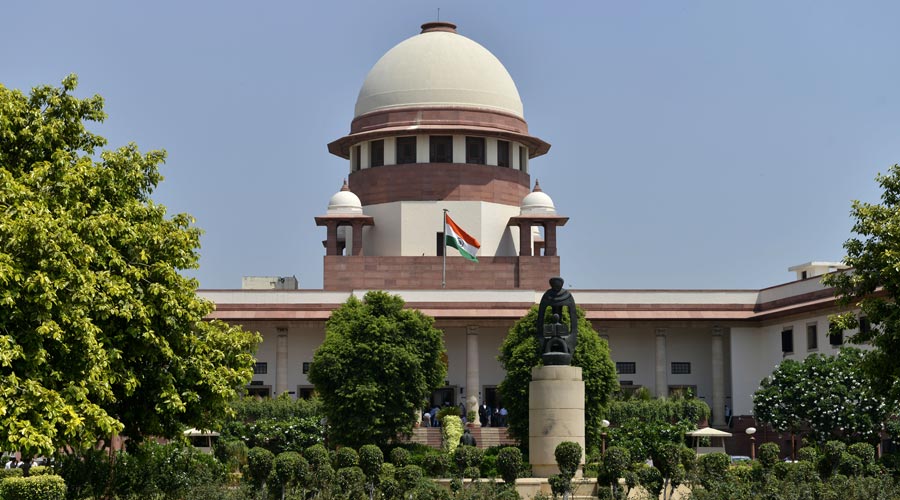It’s a law irrevocably linked to the Colonial Era. It was broadly and vaguely worded to give the country’s then British rulers the chance to use it against almost anyone they considered to be inconvenient. But now the law faces the greatest challenge it’s ever faced. There’s even a possibility it could end up being wiped from the statute books.
The Supreme Court has certainly made its views on sedition, as defined in Section 124A, very clear, on Wednesday, declaring that the Union Government’s stand that the colonial provision require “reconsideration and re-examination” means that the Government has agreed with the prima facie view expressed by the court that Section 124A, “isn’t in tune with current social milieu" and was intended for when the country was under colonial regime.
The three-bench judge led by Chief Justice of India N.V. Ramana has pulled a surprise from its judicial bag of tricks. The court has also given a clear indication that it would like to see the law eliminated from the statute books.
The ruling looks at the three aspects to sedition. For the future, it clearly says that until the future of the provision is decided, no arrests should be made under it.
The bench has said that to ensure that this is followed, the Central Government should send written instructions to the states on the subject. However, there is one big question and it is whether the use of the phrase “hope and expect” in its direction is sufficiently strong and can be read to mean an absolute prohibition on filing fresh cases under Section 124A until the matter is decided.
Legal scholars appear to be optimistic. Says Gautam Bhatia: “Reasonably strong and good order. Formal abeyance of all pending proceedings should mean that it’s also quite hard now for fresh proceedings to start despite the 'hope and expects' language.”
Bhatia added: “In effect: sedition is suspended at least until July next day of hearing.”
Here’s the relevant paragraph: The Supreme said, “We hope and expect that the State and Central Governments will restrain from registering any FIR, continuing any investigation or taking any coercive measures by invoking Section 124A of IPC while the aforesaid provision of law is under consideration.”
In the event that cases may still be registered despite Wednesday’s order, the court has given the affected parties the chance to approach the relevant courts where their petition should be heard sympathetically. Proceedings under other sections of the law may continue.
The order says: “The Courts are requested to examine the reliefs sought, taking into account the present order passed as well as the clear stand taken by the Union of India.”
The trickiest part comes with respect to cases that are already underway and people who are in jail. Here the court orders that: “All pending trials, appeals, and proceedings with respect to the charge framed under Section 124A of IPC be kept in abeyance.”
In other words proceedings should be halted while this order is in effect. For people who’ve been slapped with multiple charges, cases under other heads can proceed only if the rights of the individual will not be affected. The court said: “Adjudication with respect to other Sections, if any, could proceed if the Courts are of the opinion that no prejudice would be caused to the accused.”
It said that the court’s directions should continue “till further orders are passed.” To recap the events leading up to the order, it was issued after Solicitor General Tushar Mehta said that the law was not in tune with the current times, was being misused and required re-examination.
Wednesday’s court order noted that Prime Minister Narendra Modi has said that the country needs to “shed colonial baggage that has passed its utility, which includes outdated laws and practices.,, that reeked of a colonial mindset and thus have no place in today’s India.”
For campaigners who’ve been demanding that sedition should be removed from the statute books, today’s ruling will be a cause for celebration even if there are still questions hanging over it. But a word of caution might be worthwhile.
Take a look at what happened to Section 66A of the Information Technology Act 2000 which dealt with “grossly offensive” or “menacing” online messages. The two-judge bench firmly struck down the section, saying it was “vague” and over-broad. However, even after the ruling, the police have been filing cases all over the country using the section that had firmly been declared void. Keeping that in mind, we may have good reason to worry that the police will continue to file cases of sedition whenever it feels inclined.












